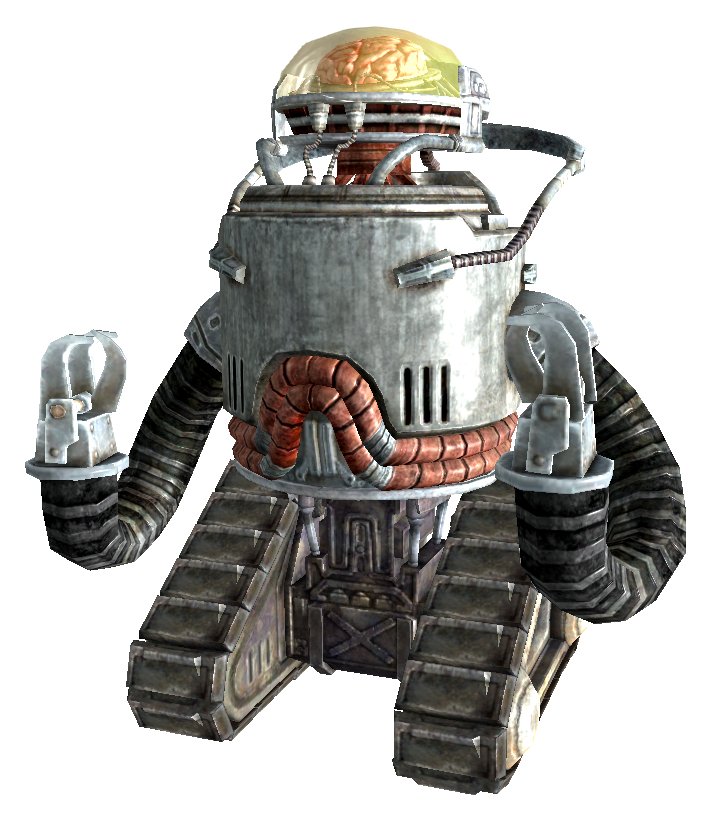
Using necessity and universality to explain the physical world can be problematic. Universality is founded on an individual’s experiences over multiple instances. For example, a naturalist may observe a colony of squirrels on multiple occasions. Each time the squirrels are seen to be frolicking and eating acorns and whatnot. Thus the observer makes the generalization that a squirrel’s life consists solely of frolicking and eating nuts. You will surely agree that concrete factual conclusions can not be inferred about the lifestyles of squirrels after only a single observation. Often, multiple consistent examples of behavior are traditionally required to adequately validate a theory. However the observer is making a critical mistake in assuming that multiple experiences constitute an irrefutable rule. Multiple experiences only breed a habit of expectation in the observer. He expects that the squirrels will always behave the same because he has never seen it any differently. The observer is completely unaware of the family of three headed albino squirrels living just down the road constructing catapults from felled sequoia trees to fight a war of attrition against alien invaders. Universality my left foot. The generalizations of universality can not be supported by a multiple experiences for the same reason they not be supported by a single experience. The precise connection/relationship between cause and the effect will always remain a mystery to our hopeless observer. He can never be absolutely sure that his universal rule is implied by experience. All he has to rely on is expectation.
In the case of abstract knowledge, a different problem emerges. It seems that the human brain comes pre-wired with an ability to comprehend abstract ideas such as triangularity or other such “perfect” forms. During a conversation with Meno, Socrates spends a brief time talking to a slave. The boy has no previous experiences, knowledge or formal training in the realm of geometry. Yet he is able to comprehend and deduce abstract geometrical ideas from the questions Socrates asks of him. It appears that prior experience and mathematical training is not a pre-requisite for the comprehension of complex mathematical forms. One can hold true notions about a topic which he does not know. Socrates concludes that the individuals are inherently imbued with knowledge of truth and recall abstract ideas through questioning and contemplation. In other words, abstract ideas are independent of physical experience.
These are two fundamentally different problems. Those who believe in universality and necessity will never be able to explain the mental jump from experience to knowledge. Their knowledge is a result of behavior modification and habit. They will always be limited to predicting patterns in the physical world. On the other hand, abstract knowledge seems to exist independent of experience. There doesn’t seem to be an explanation for how abstract ideas are implanted within our minds, yet physicists, economists, chemists, artists, mathematicians and philosophers are somehow able to observe and describe complex physical systems with approximations and abstract models. In conclusion, we should all transfer our brains into robot bodies and think about pi.


Leave a Reply
You must be logged in to post a comment.